We kindly inform you that, as long as the subject affiliation of our 300.000+ articles is in progress, you might get unsufficient or no results on your third level or second level search. In this case, please broaden your search criteria.
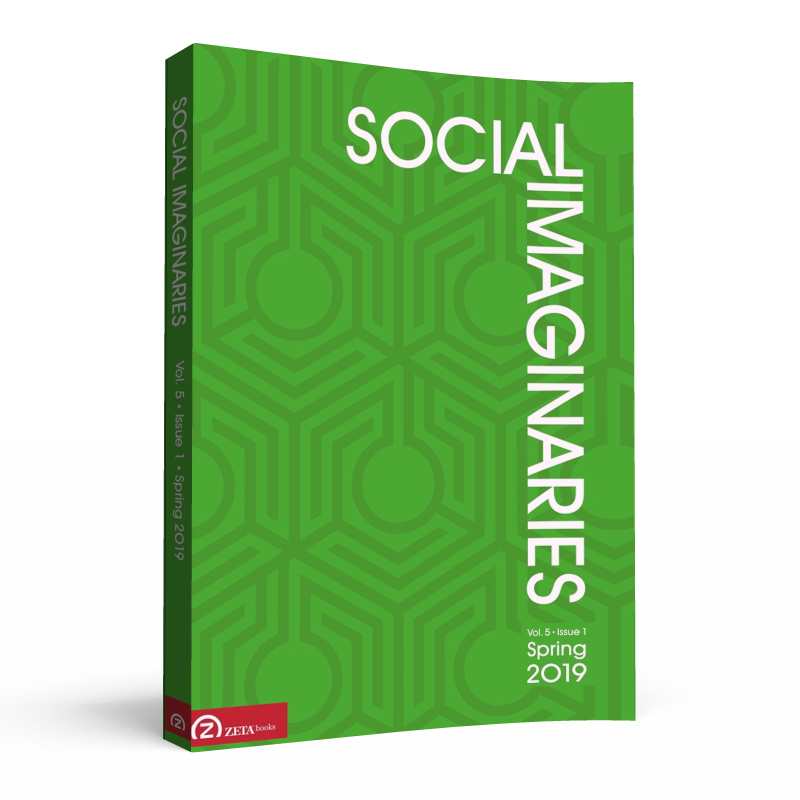
Aristotelian imagination is widely understood as a psychological power by which retained perceptual states recur in consciousness. According to this view, imagination is decaying sense, a part of the psyche that is parasitic on perceptual acts for its content. This paper disputes this reading and provides an alternative account of Aristotle’s concept of imagination. I argue that Aristotelian imagination is a power of the psyche that is both productive like intellect, and presentational like perception. Unlike perception and intellect, however, imagination does not correctly discriminate among beings, and thus cannot be relied upon to give one knowledge of the world. When one accepts this alternative conception of Aristotelian imagination, it becomes clear how it can take on the peculiar epistemic function of allowing a particular serve as the vehicle of a universal thought. This paper argues that Aristotle’s explanation of valid judgments in geometry depends on the imagination to allow the perception of a particular diagram to give rise to the intellectual grasp of a general proposition.
More...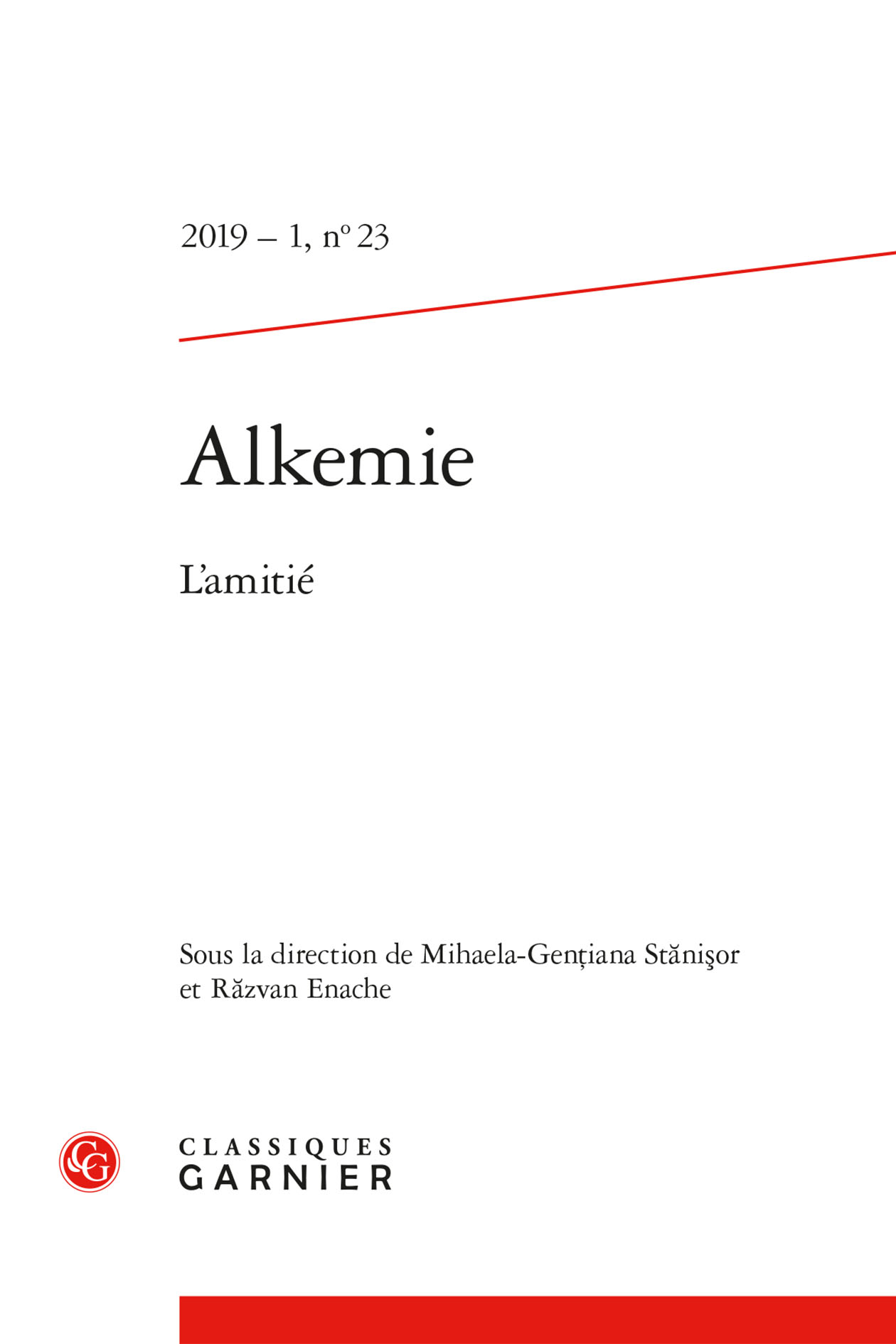
C’est, de fait, chez les Anciens, un débat constant : si l’amitié peut se pratiquer à deux, dans une petite communauté choisie, au sein d’un groupement socio-politique, aurait-elle une dimension utilitaire ? Plus précisément encore se pose le problème suivant : l’homme heureux a-t-il des amis ? La question semble déboucher sur un cercle vicieux. En effet si l’homme est heureux, il n’a pas de besoin, donc pas besoin d’amis. // There is a constant debate among the Ancients: if friendship is a practice between two individuals, in a small and particular community, or in a socio-political group, does it have a utilitarian dimension? More precisely we encounter this problem: does a person that is happy have friends? We seem to stumble on a vicious circle. As a matter of fact, a happy person does not have needs, therefore he or she does not need friends.
More...
Nous nous arrêtons dans ce texte sur quelques moments intenses et controversés de leur relation : la théorie platonicienne de la poésie, la revendication du caractère philosophique de la poésie par Aristote, les tentatives de convertir la poésie en une forme de savoir alternative à la science (Vico, le romantisme et María Zambrano). Finalement, nous analysons la perspective de Cioran sur la conception d’une « poésie pure », promue par Mallarmé et Valéry. // This paper deals with some of the moments when this relationship has been particularly strong, and, sometimes, problematic. First, we will analyze the Platonic discrediting of Poetry versus the vindication of its philosophical nature by Aristotle. After that, we will tackle the attempts to turn Poetry into a way of knowledge alternative to Science (Vico, Romanticism and María Zambrano). Finally, we analyse the view of Cioran on the idea of a “pure Poetry” put forward by Mallarmé and Valéry.
More...
La vie de la cité nécessite de l’amitié entre les citoyens, et pas seulement la contrainte des lois et les intérêts communs. L’étude examine comment Pour l’exemple [Joseph Losey, 1964] expérimente cette hypothèse aristotélicienne en s’opposant à la position d’un Carl Schmitt qui fait de la guerre le présupposé de la politique car elle permettrait de distinguer l’ami et l’ennemi. // The community’s life requires friendship between citizens, not just the constraint of laws and common interests. The article examines how Kind and Country [Joseph Losey, 1964] experiments this Aristotelian hypothesis by opposing the position of Carl Schmitt who makes war the presupposition of politics because it would distinguish between friend and enemy.
More...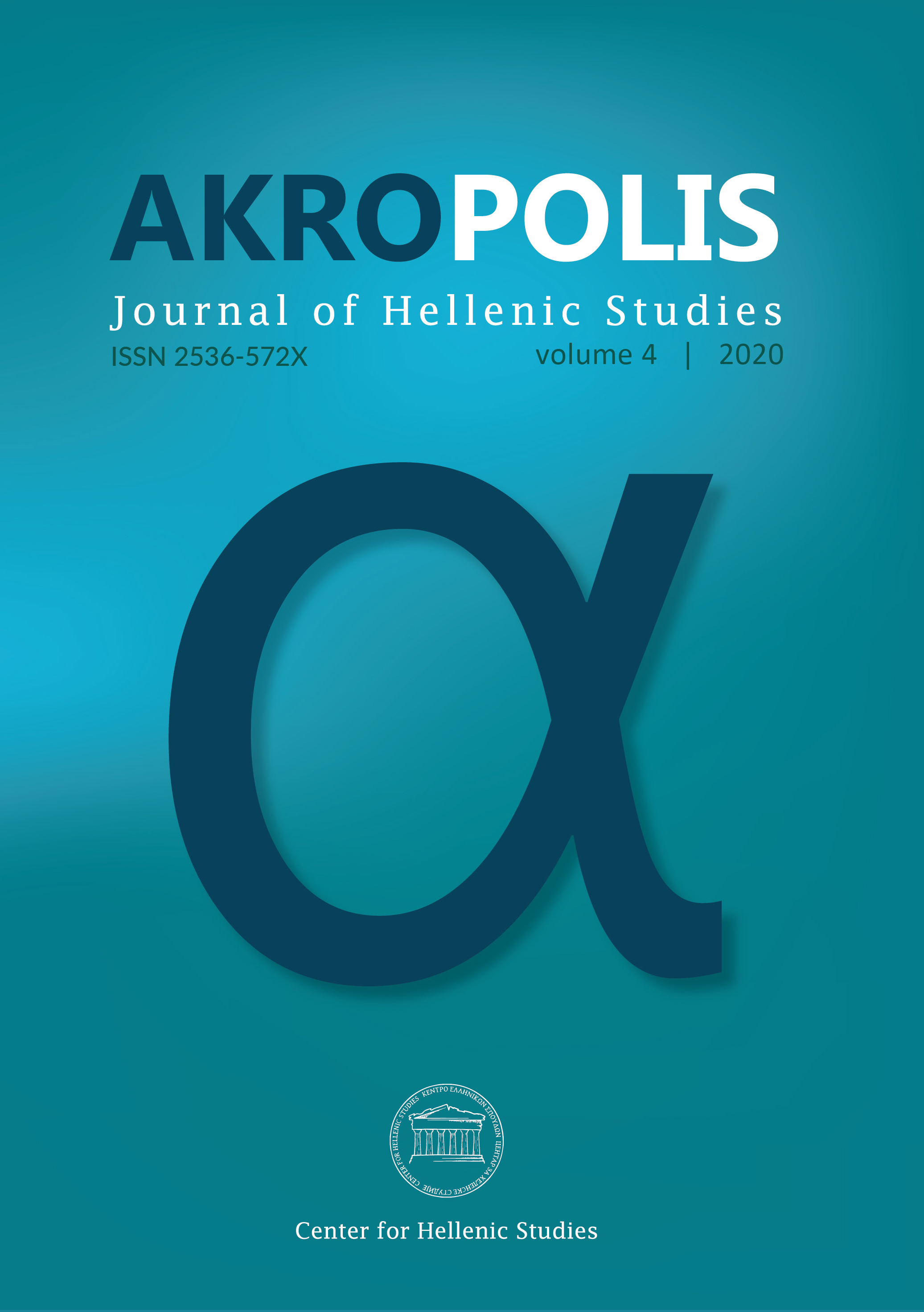
In the Republic, the paradigmatic character of Plato’s best city appears incompatible with the use of deception in the procreative practices of the Auxiliaries and Guardians. I argue that this incongruity, as well as the exact provisions of Plato’s reproduction festival, are explained by three facts: his commitment to eugenics, his insistence on the abolition of the typical Greek household and his belief that there are serious limitations to the type of knowledge that Auxiliaries can achieve.
More...
Review of: Igor Mikecin, Parmenid; Matica hrvatska, Zagreb 2018.
More...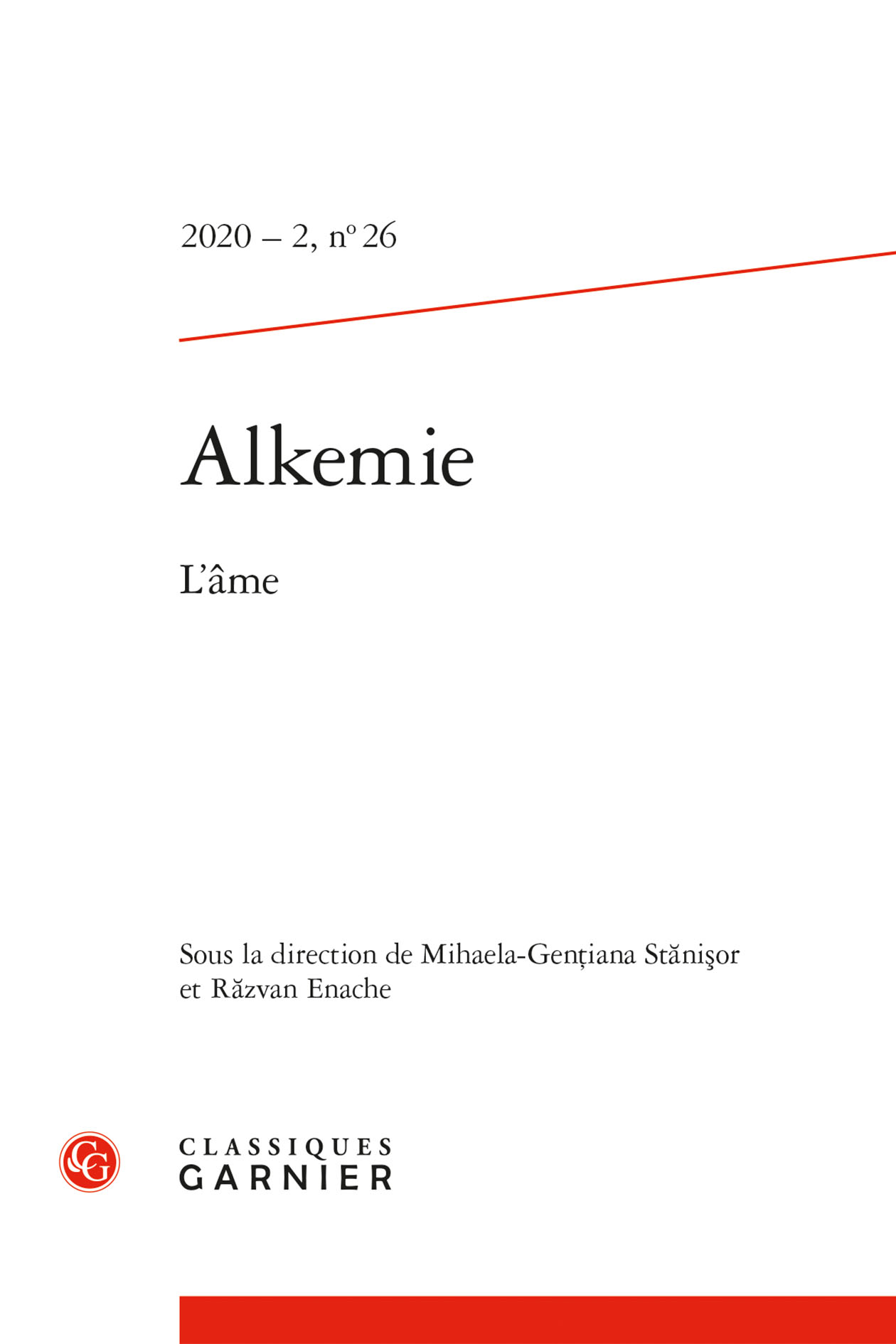
We can often read that, for Plato, the soul is exiled in the body. By looking at the concepts of soul and exile in Plato, one can see that this is wrong. Certain neoplatonic thinkers attributed this assertion a posteriori to Plato, in the light of their rereading of older texts. It was through them that this claim was wrongly anchored in our philosophical imagination.
More...
Les Métamorphoses d’Apulée est un roman picaresque, érotico-comique narrant les tribulations du jeune Lucius, transformé en âne à la suite d’erreurs de magie. Ce texte constitue une fête du rire tant il contient de scènes et de personnages comiques. Ainsi, s’appuyant sur les théories platoniciennes de l’âme, Apulée engage à la fois son personnage et son lecteur dans un processus dialectique ayant pour but de rendre son âme plus vertueuse, condition sine qua non de sa métamorphose ontologique.
More...
Defining soul only by the concept of mind or mens, Descartes breaks with the philosophy of Aristotle and his hylomorphic conception of the soul and its various functions. But, on the one hand, what are the relations between this definition derived from mind’s perception and the “I” of cogito or the self which characterize the connection mind/body? Still, on the other hand, in the absence of a mind in the animal, Descartes agrees to animal’s body sensation and perfection.
More...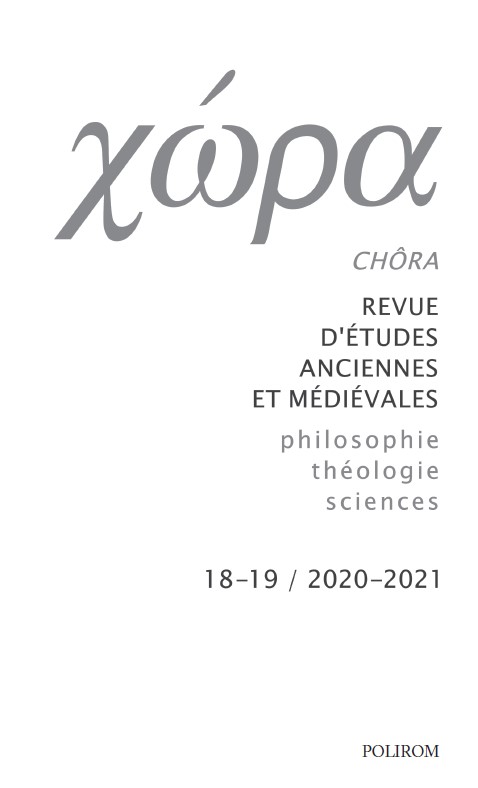
This article examines the problem of the status of the different degrees of being that Plato, in the Timaeus, seems to attribute to the different kinds of reality that he distinguishes. In what sense and under what conditions is it possible to state that the intelligible forms, the sensible things and the spatial and material substratum of the chora “are” and “exist” ?
More...
At the end of Treatise 38 (VI 7), Plotinus presents an original analysis of the activity of the intellect. The intellectual activity of the soul cannot produce its object and thinks what is in the Intellect from which it comes. On the contrary, the Intellect produces its object (οὐσία) and its intellection is not the act of a substrate (ὑποκείμενον), as in the preceding case. In this context, Plotinus uses, to account for this particular form of intellect, a very rare notion in his work, that of συνυπόστασις. In our opinion, its use is at the origin of a true explanatory model that Plotinus uses in particular in Treatise 39 (VI 8) to think how the One can be what he wants to be. The use of this notion can therefore help us understand the meaning of freedom and will attributed to the first principle.
More...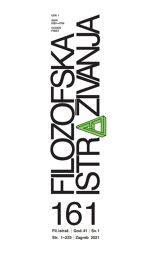
The review of: Bruno Ćurko, Matija Mato Škerbić (aut.), Mirko Ćalušić (ilust.) Filozofija – ma što pak je to? 13 priča o antičkim filozofima, Udruga Mala filozofija, Zadar 2019.
More...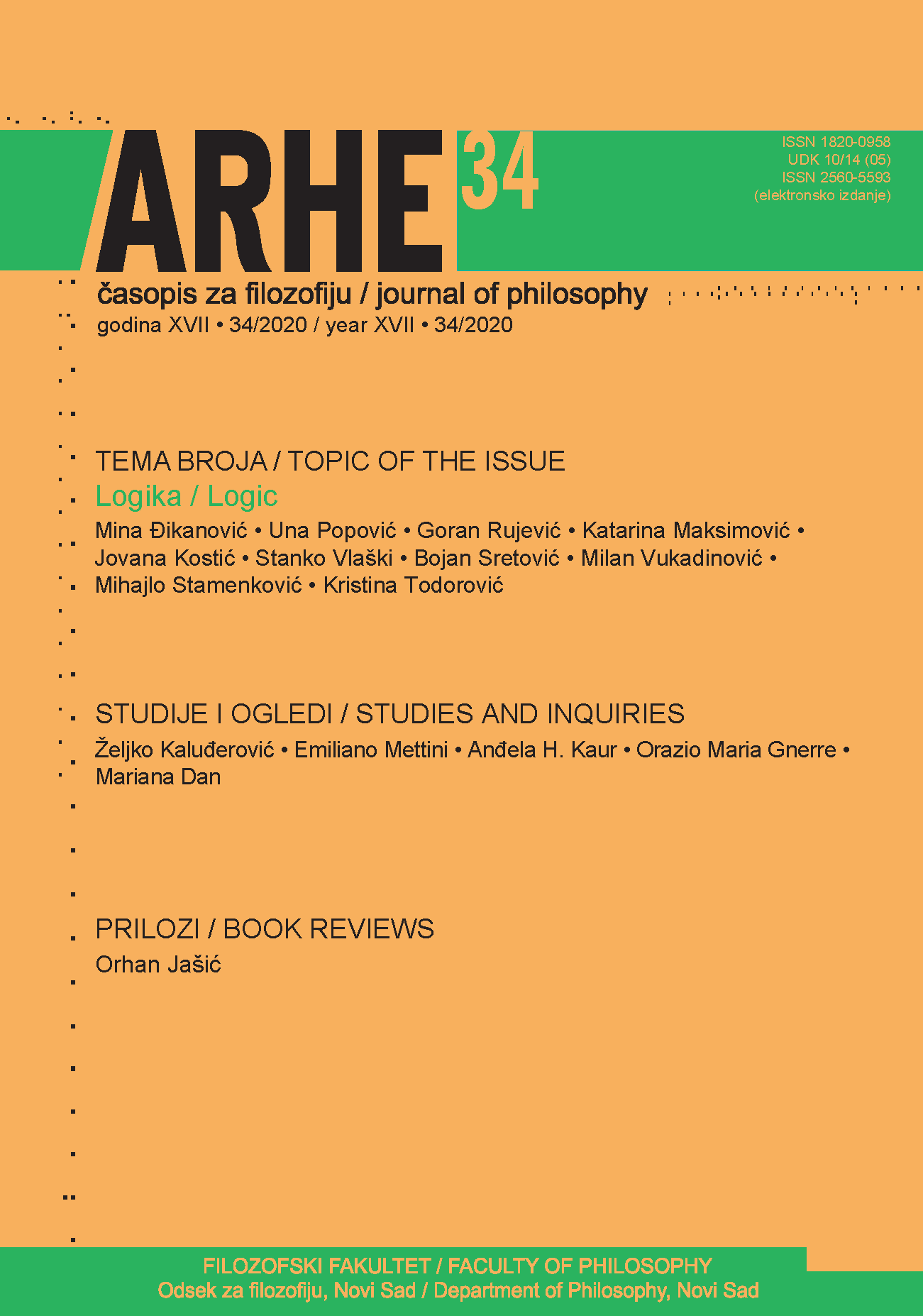
In this article the author confirms a well known Aristotle's statement on Thales being the first philosopher. By carefully analyzing the Metaphysics, On the Heavens and On the Soul, one can find relevant paragraphs which support the Stagirite's remark about a wise man of Miletus as the founder of something which would later become known as the "Greek wonder". When interpreting here quoted Aristotle's statements there are three key points: 1.) The Earth rests on the water (Met.983b21-22; Cael.294a28), 2.) Water is the material cause of all things (in Met.983b19-21 the water is mentioned as the arche, and before that in Met.983b7 it is said that for the majority of the first philosophers the principles which were of the nature of matter were the only principles of all things), and 3.) All things are full of gods (De an.411a7-8; it is also added that the magnet is alive; for it has the power of moving iron, De an.405a19-21). After reconstruction of Stagirite's writings on Thales it was determined that his significance for philosophy lies in the fact that he, having considered the whole variety of known world, detected a unique principle which lies, or, even better, underlies beneath self-evident and obvious variety. In fact, when Milesian proclaimed the water as the first principle of all things, he tried, in a "natural" and scientific manner, without myths and supernatural forces, to explain the whole of cosmos. Thus, he gained the reputation of "the founder of philosophy".
More...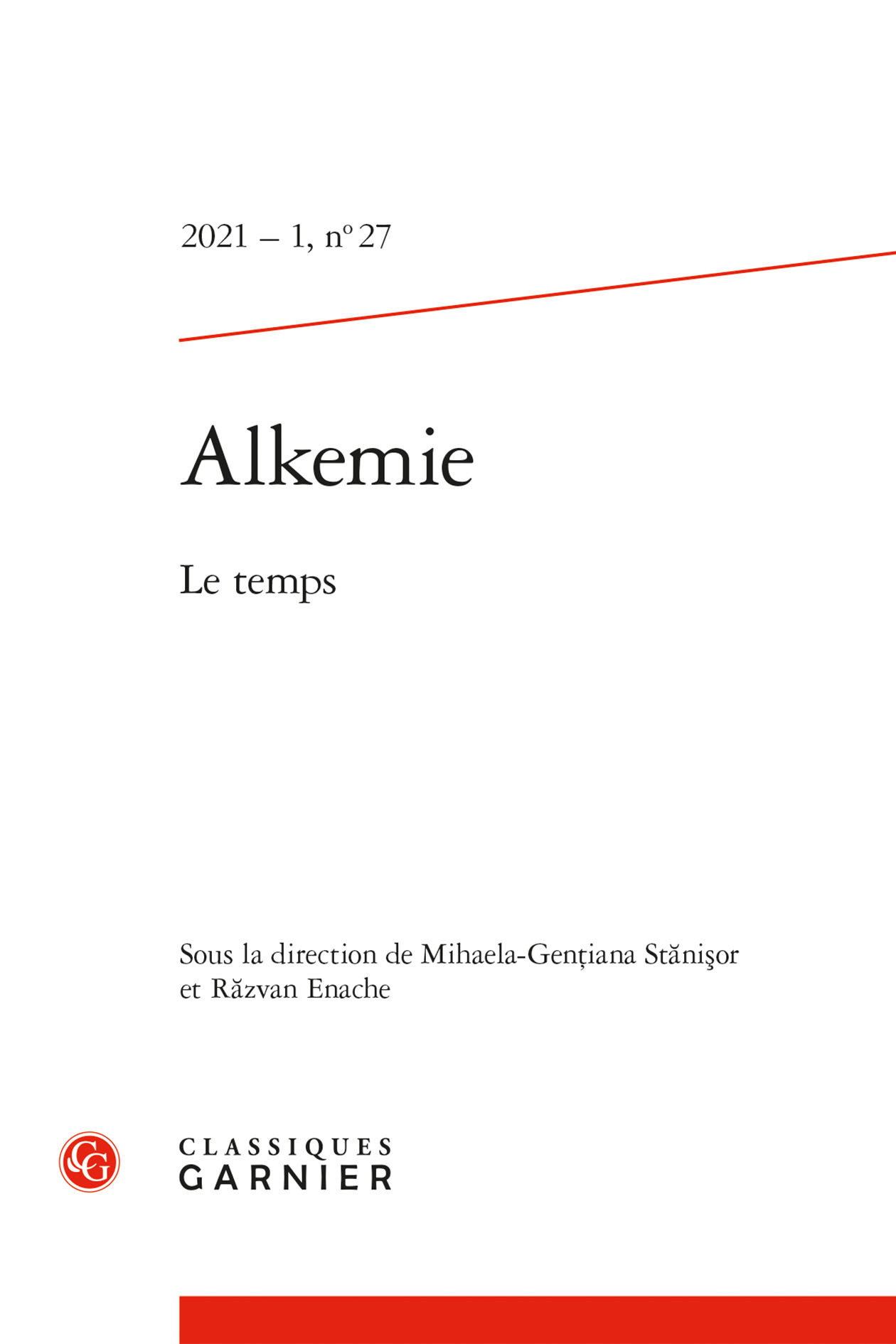
Le temps peut-il être appréhendé par la rêverie et la rêverie ne produit-elle pas une acception à part du temps ? Une telle approche pourra sembler étrange parce que la rêverie apparaît comme quelque chose d’opposé à la méthode. On verra que les difficultés ne cessent pas ici, mais qu’elles s’approfondissent avec la double entente du temps que la rêverie prépare : à la fois le temps de l’âme et le temps cosmologique. The aim of this study is to the ties between time and daydreaming. The purpose is to show the peculiar meaning of time that daydreaming produces. Such an approach could be seen as quite weird since daydreaming is the opposite of a methodological approach. But difficulties don’t stop with this point. We will see that daydreaming prepares a double understanding of time: on one hand a psychological one, a cosmological on the other.
More...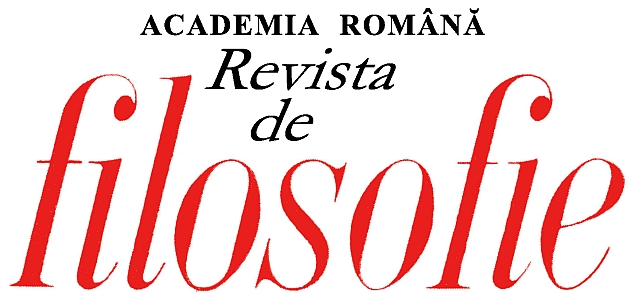
The ontological status of biological species is of particular interest in philosophy of biology, where ultimately translates into a realism versus nominalism dichotomy: are they real natural kinds, or mere intellectual constructs with only a mental, conceptual reality, fictions destined to help us bring some order in the extraordinary diversity of the living world? In this paper, I have tried to compare two classical answers to this question, formulated by Plato and Aristotle, the founding fathers of the essentialist and realist doctrine of biological species, according to which species are real entities, natural kinds endowed with immutable essences.
More...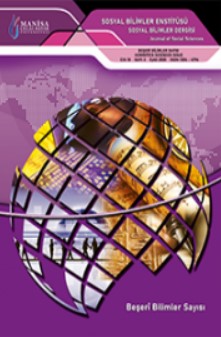
Socrates’s way of life and his philosophy together created a monument for the future. When his way of life is questioned, his philosophy is examined at the same time. However, since Socrates himself never wrote and only “lived”, we encounter different profiles of Socrates about this life. While in Plato’s texts, Socrates and his concepts and methods show us a certain Socrates; in Xenophon’s texts, Socrates and his concepts and methods offer us another Socrates profile. Although both Plato's Socrates and Xenophon's Socrates are consistent and complete within themselves, when we bring them together, they show the Socrates monument in two parts. The purpose of this text is precisely this point because it will take into account the location, interlocutor and method of both Socrates of Plato and Socrates of Xenophon. Although there are differences between the concepts and methods of these two Socrateses, it is claimed that these two Socrateses complement each other.
More...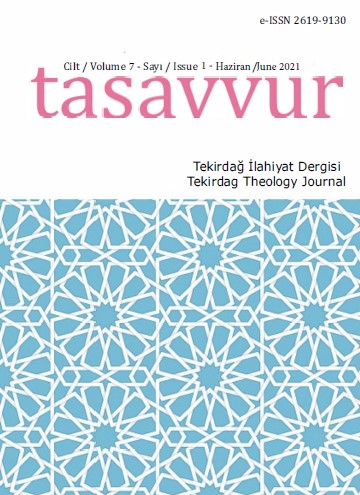
This article is an attempt to present the critics that Galen made against ancient atomist theory based largely on his theory of elements. For Galen, the problem of irreducible complexity in nature can’t be explained by the atomist theory, especially when the issue is concerned with a metaphysical discussion in the context of philosophy of nature. Yet for him the subject of change in nature was not explicitly formulated by proponents of atomism. For this being the case, by criticizing atomism, Galen tries to formulate a syncretic theory which is mostly an amalgamation of Aristotle and Hippocrates’ views. His theory is a frame in which l ike-elements affect the likes through a presupposed ‘leap’ between them that is largely related to krasis; which eventually makes the change, bodily sensibility and lastly the pain possible. Therefore, it is imperative that one embraces a transient theory like that of the combination of Aristotle-Hippocrates’s, instead of a closed-theory such as atomism. Taken into consideration from the point of philosophy of nature, Galen would come to the terms with a teleological causality instead of mechanical one. All combined, Galen’s mentioned understandings has led him to bring serious criticism against the atomist theory which can be seen as the extension of his medical-philosophy project.
More...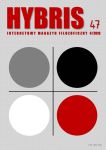
Global relativism, with its claim that everything is relative, is one of the most harshly criticized concepts in the history of philosophy. The strongest argument against it has been the argument from selfrefutation ascribed originally to Plato. The paper presents strong and weak version of the argument in order to show the one that is best suited for the way of reasoning characteristic to the antique period and so that it shows that Plato’s argument against global relativism ought to be treated rather in dialectical than logical way. Consequently, it weakens the power of argument formulated in Plato’s Thaetetus and confutes the widely spread interpretation of it.
More...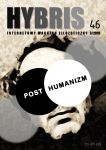
The article in an attempt to show a certain group of views about war. Within this group war is treated as something exceeding the realm of human influence. In the paper as examples of that approach are discussed philosophy of Heraclitus of Ephesus and the Francisco Goya’s series Disasters of War. Anti-war series by Spanish painter is interpreted in context of the presence of war culture in the view of Krzysztof Wodiczko.
More...